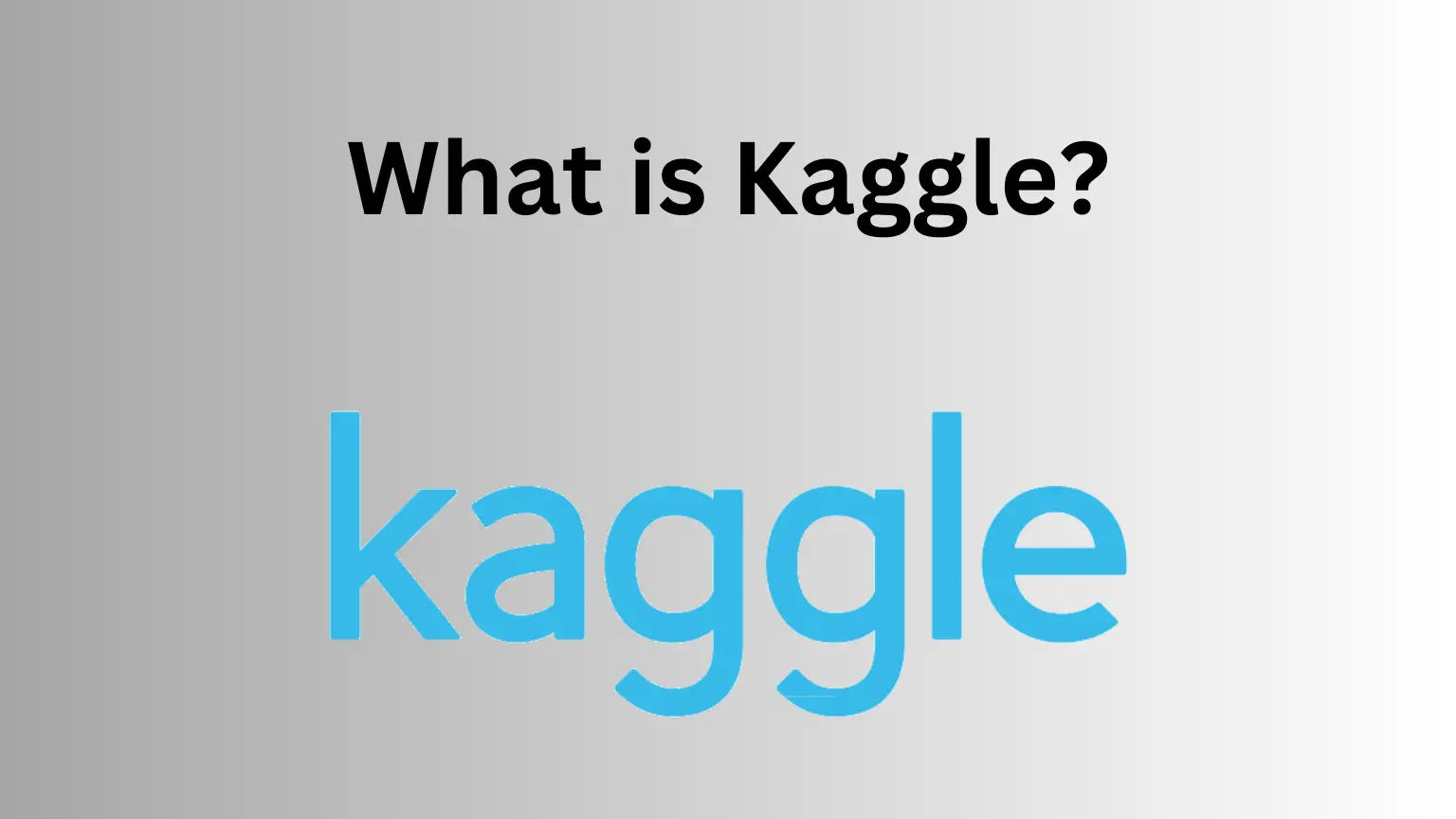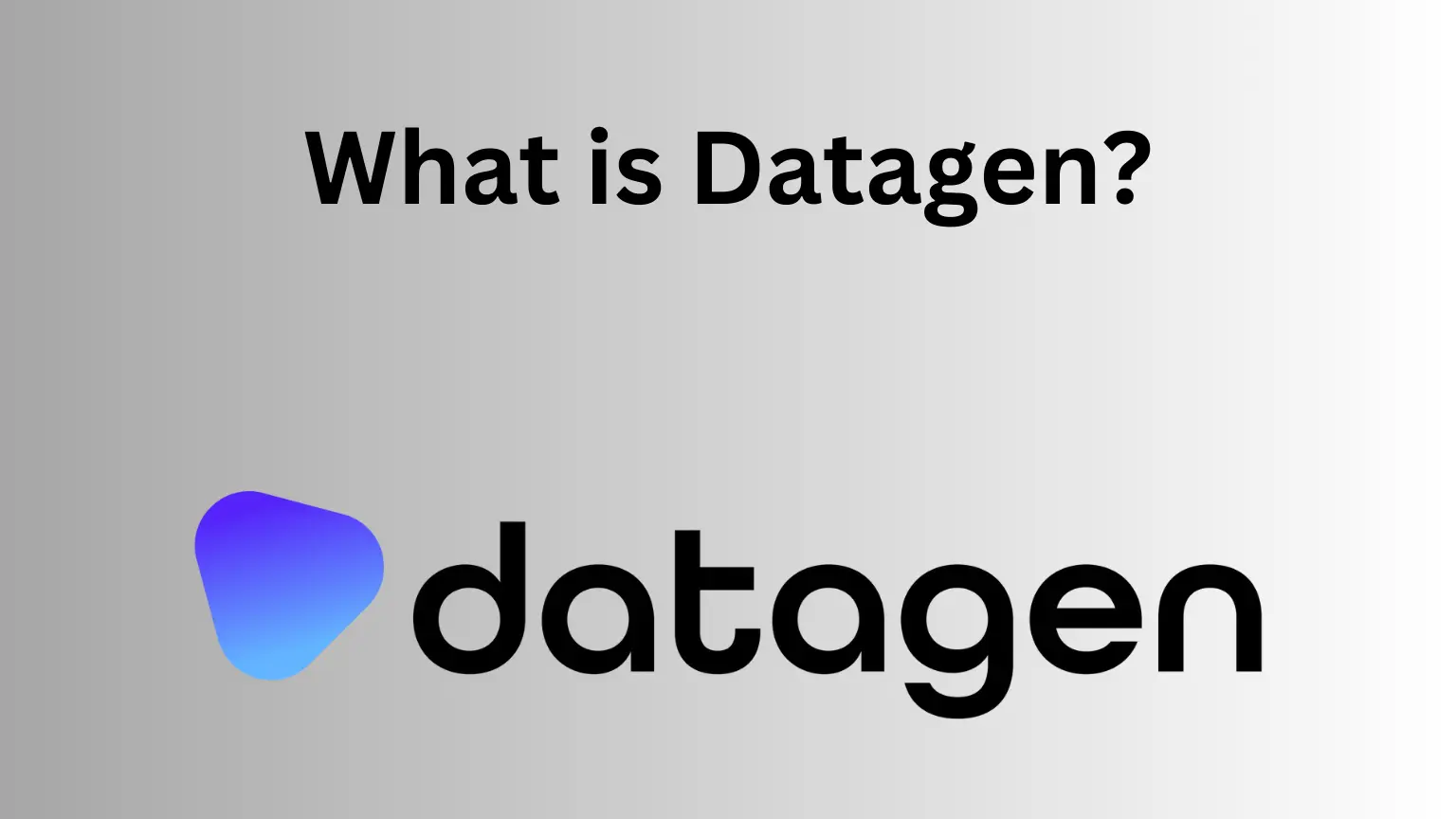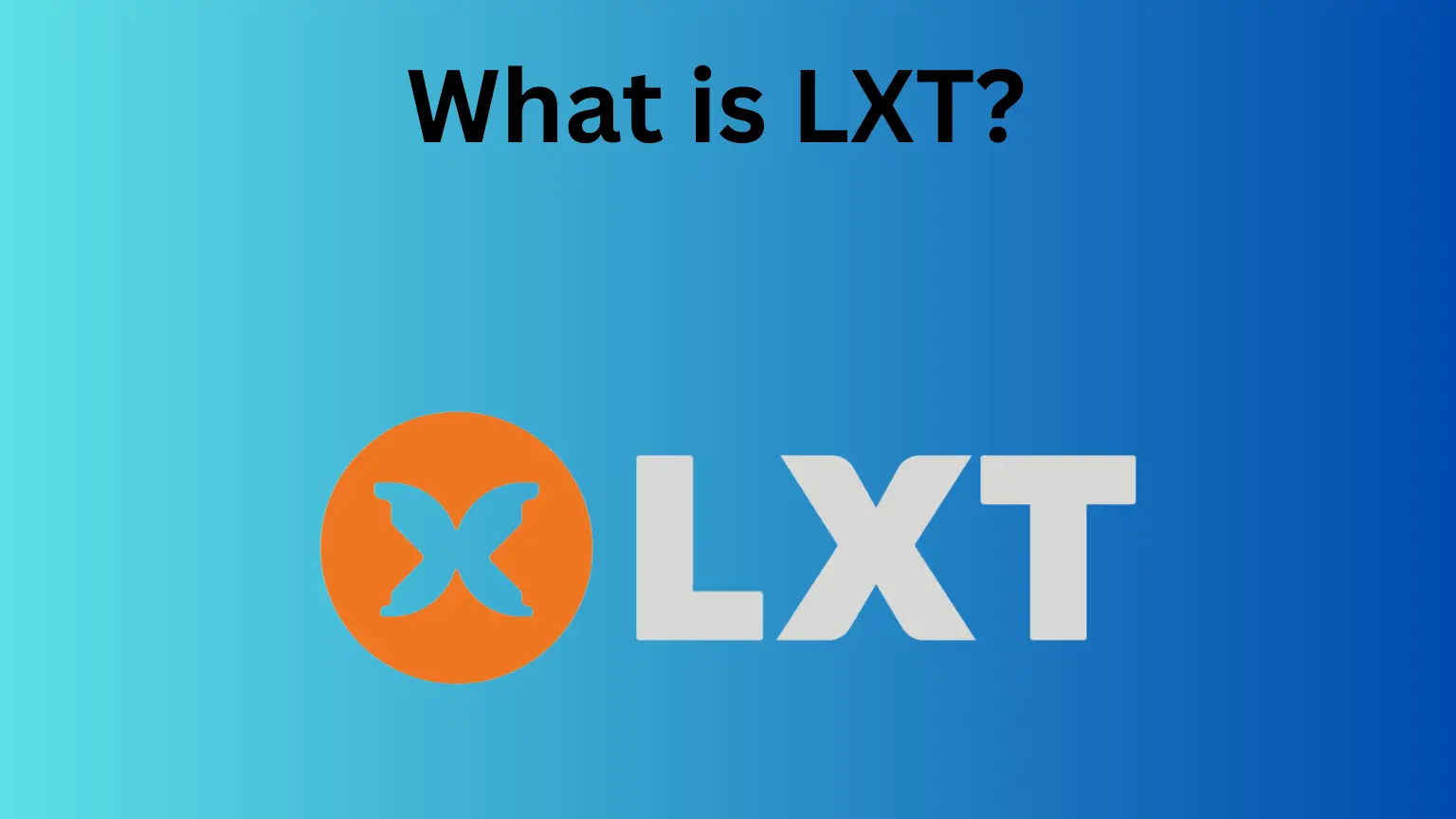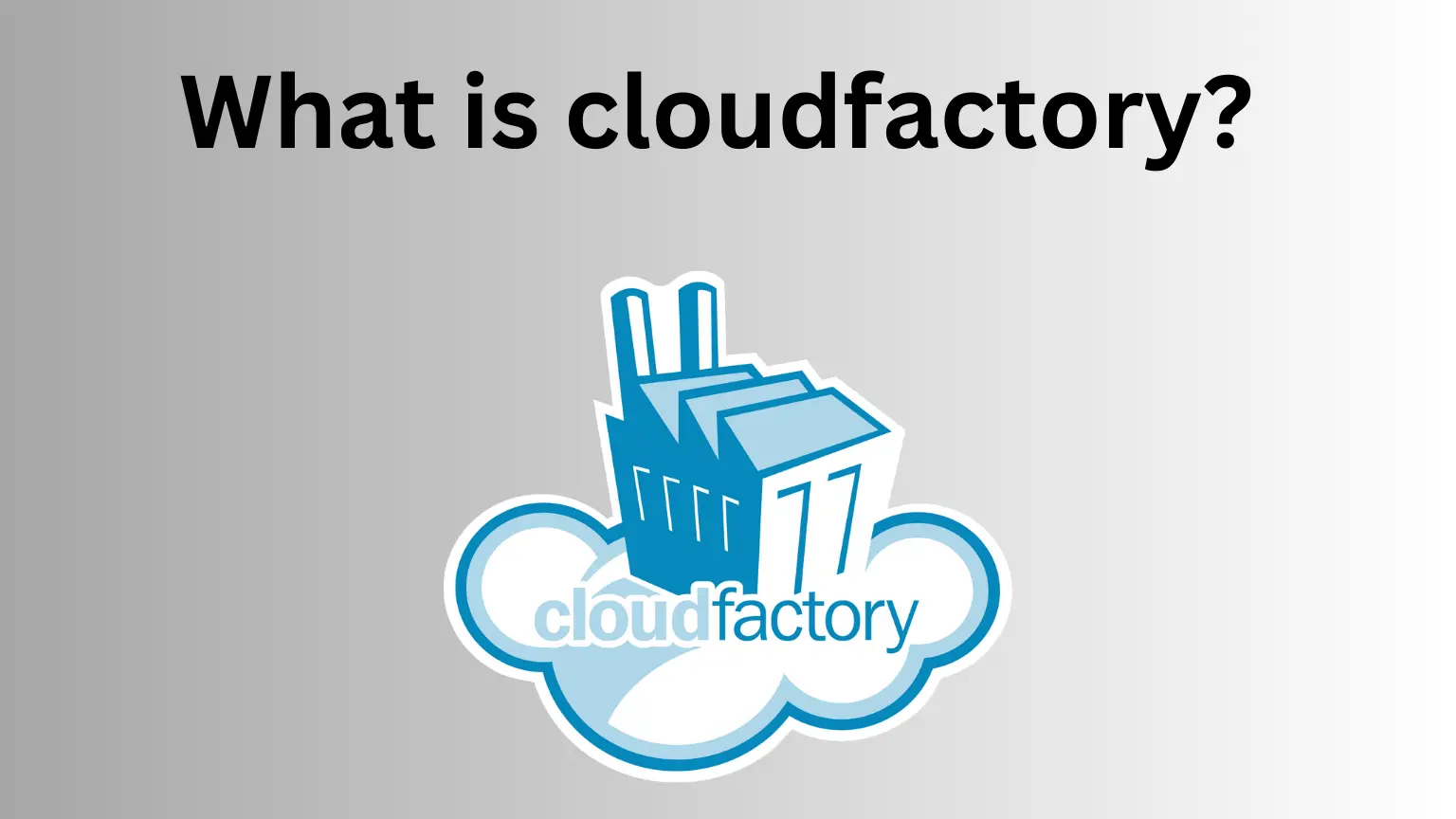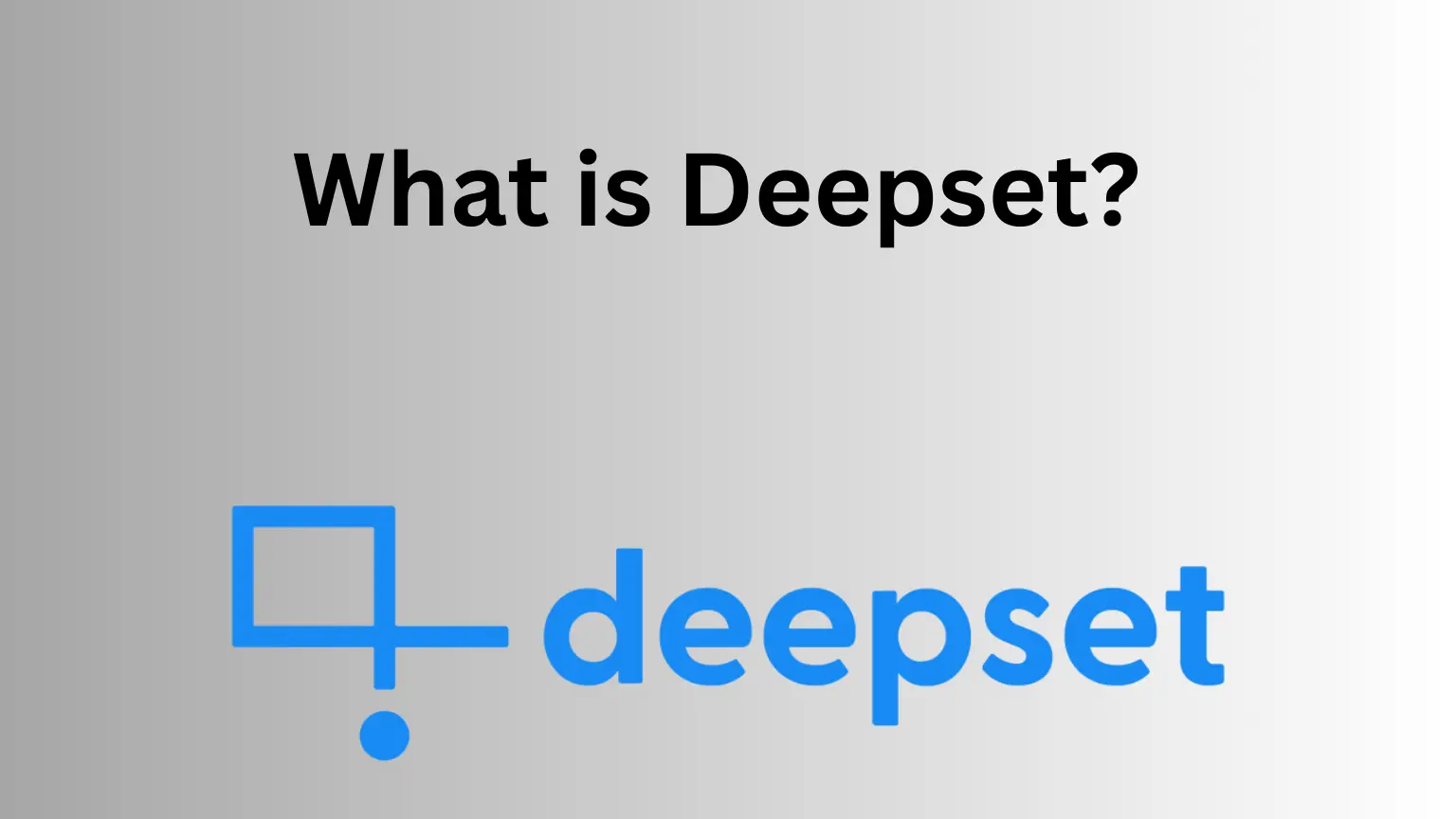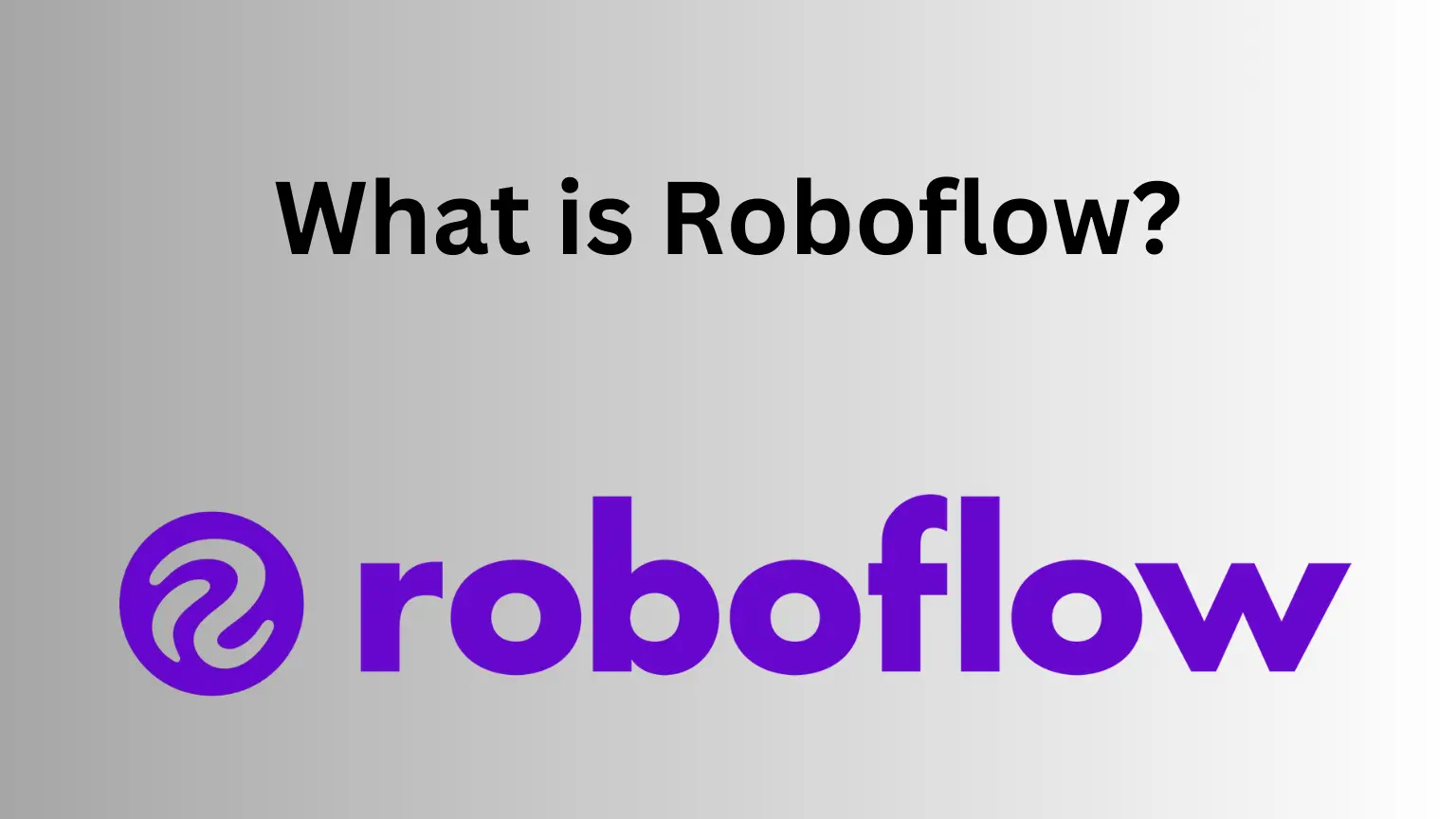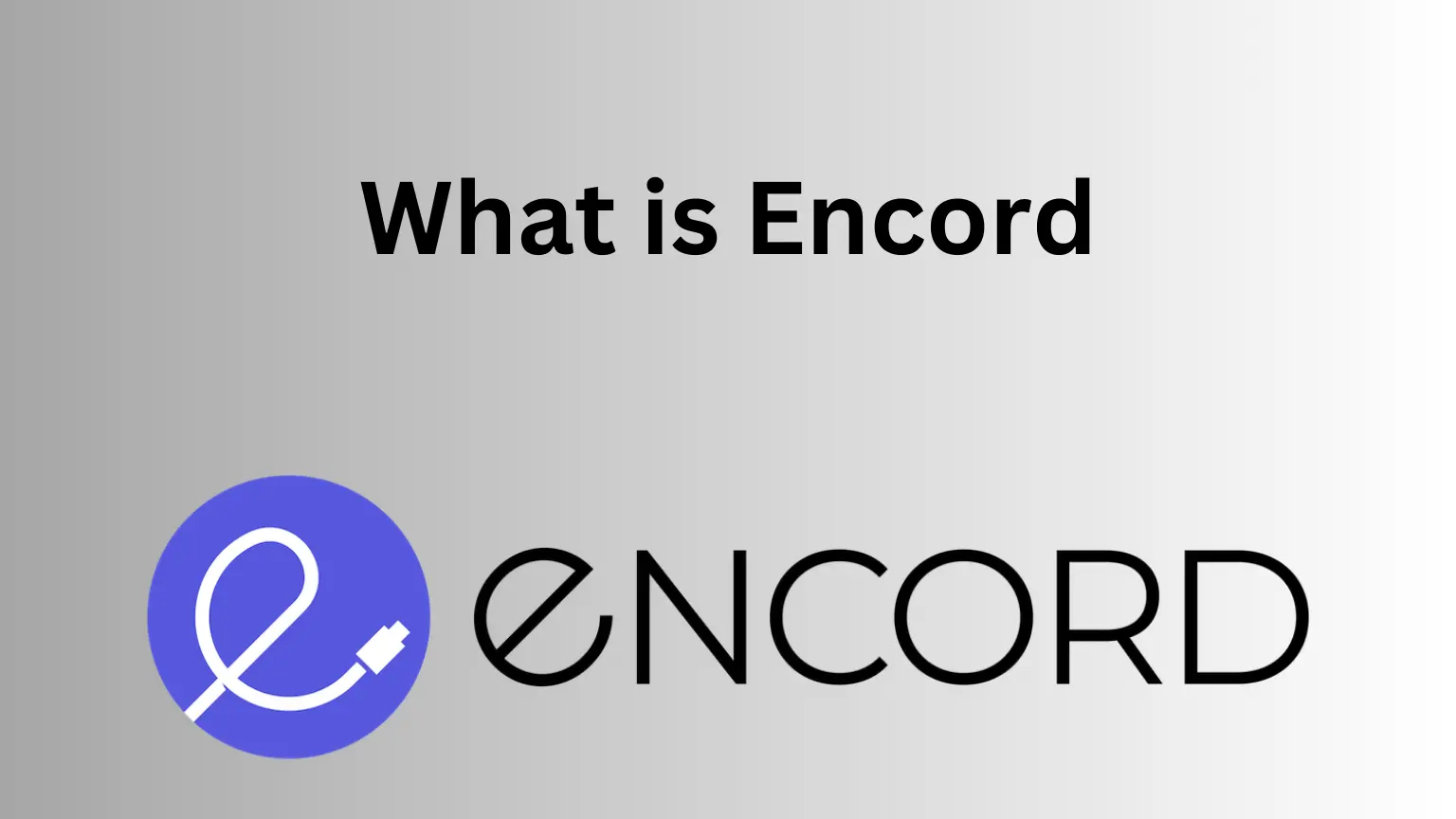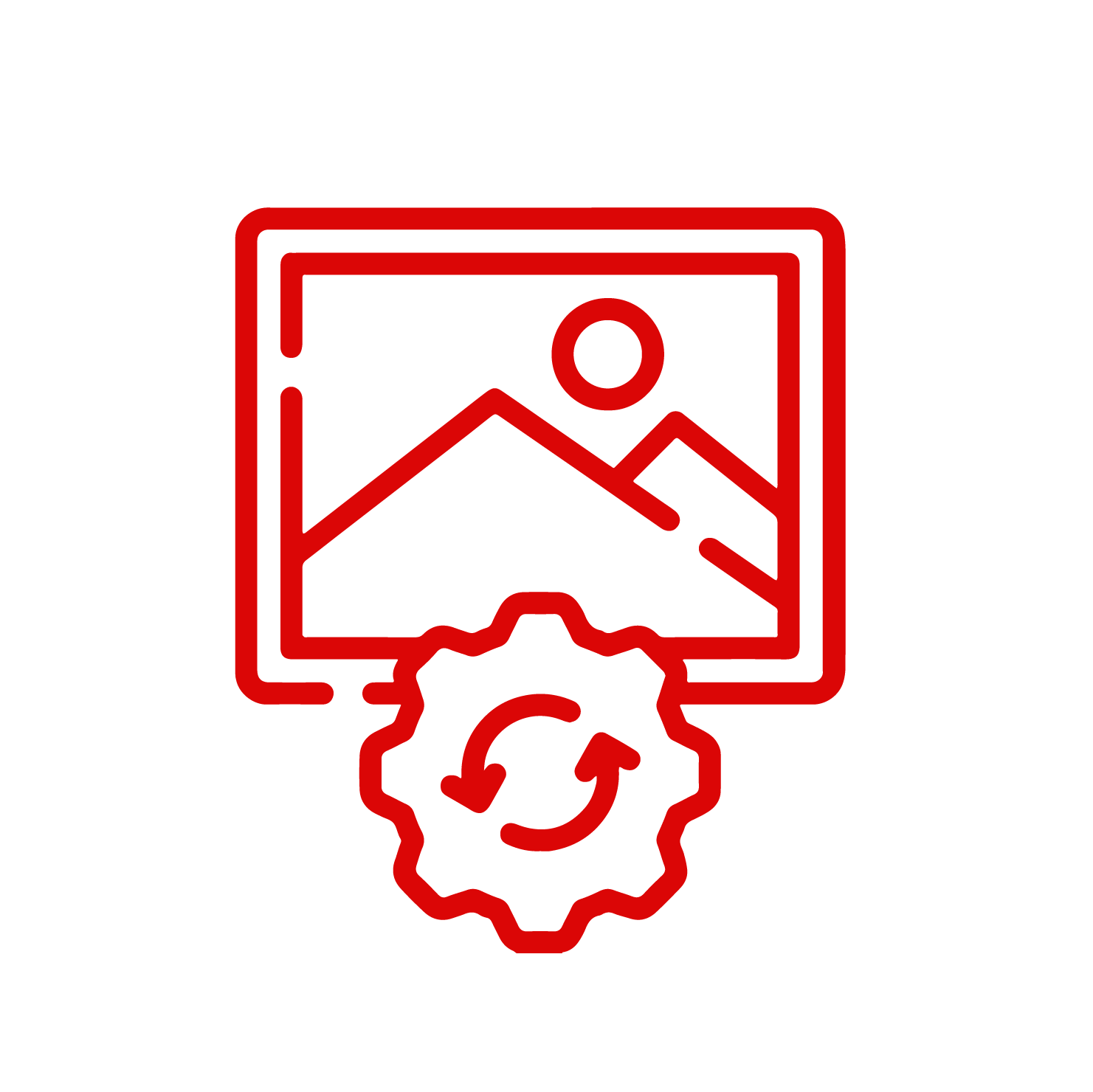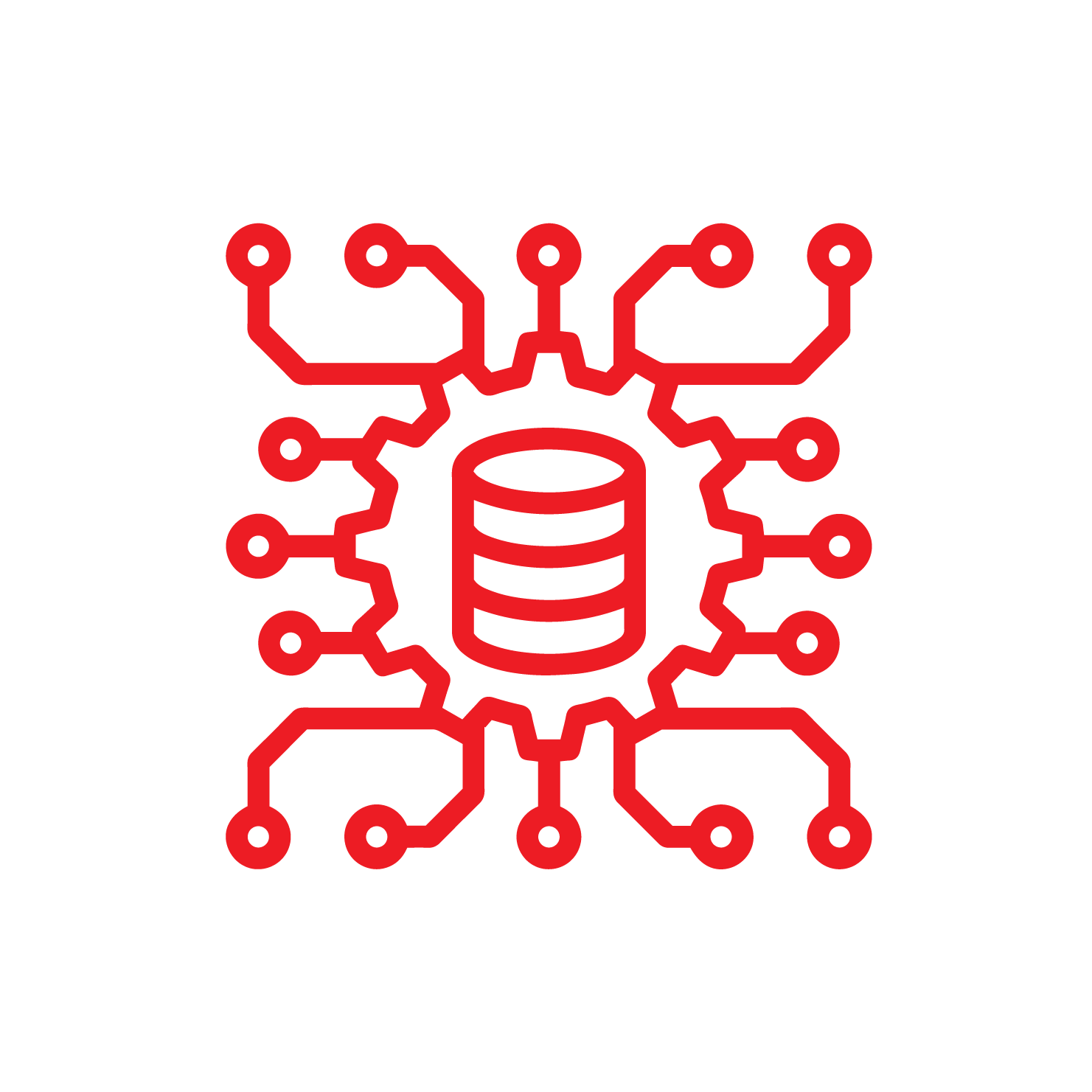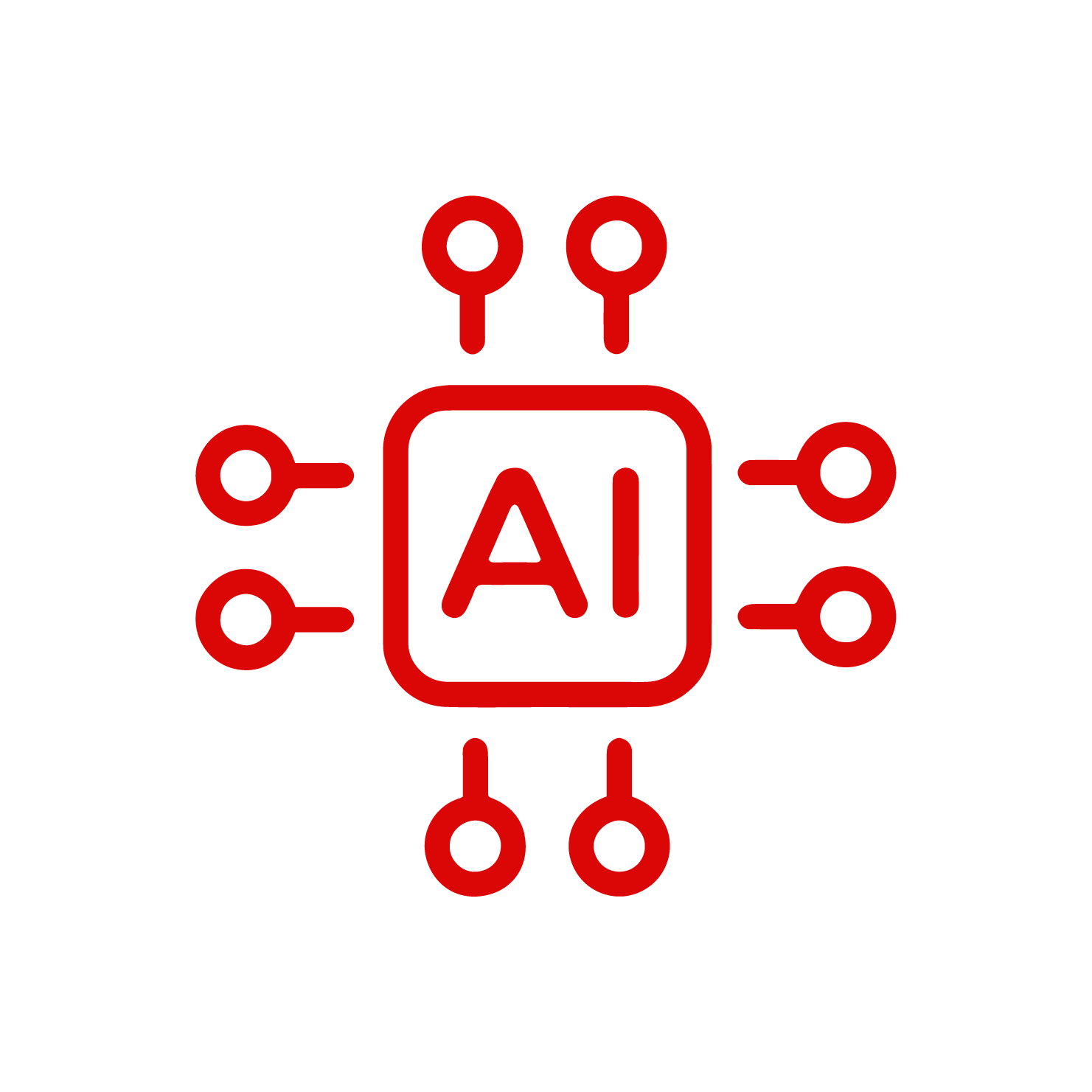Labelbox is a prominent data labeling platform tailored for the burgeoning world of AI and machine learning. It equips businesses and teams with the essential tools to curate, manage, and monitor high-quality training datasets. Let’s delve deeper into Labelbox and its offerings.
Background Story
Labelbox was founded in 2018 by Manu Sharma, Brian Rieger, and Daniel Rasmuson. The founders were previously associated with companies like Google, PlanGrid, and Tesla. Manu Sharma, the CEO of Labelbox, has a background in computer science and has worked on several machine learning projects. Brian Rieger, the CTO of Labelbox, has a background in software engineering and has worked on several projects related to data management. Daniel Rasmuson, the COO of Labelbox, has a background in business and has worked on several projects related to finance and operations. The founders’ expertise in their respective domains has enabled them to create a platform that caters to a wide range of sectors
Target Customers
Labelbox’s platform is designed to cater to machine learning teams that require high-quality training data to create realistic AI applications. The platform is suitable for a wide range of sectors, including:
- Financial Services and Insurance
- Retail & E-commerce
- Healthcare & Life Sciences
- Media & Internet
- Sensors & Robotics
- Large language models
- Industrial
Labelbox’s label editor tools are suitable for both batch and real-time labeling workflows. The platform also offers analytics, collaboration tools, and quality review mechanisms. Labelbox’s platform is designed to help machine learning teams create representative models that mirror real-world variables.
Capital Raised, Estimated Revenue
This company, still in its Series D stage, has managed to raise an impressive total of $188.9 million 1. Their last significant funding was $110 million, which was secured two years ago. Labelbox has successfully raised a total of $188.9 million across 6 funding rounds.
Labelbox has drawn investments from a total of 11 different investors. Notably, Andreessen Horowitz, a venture capital firm based in California, has invested in Labelbox’s Series B, Series C (in 2021), and Series D (in 2022) funding rounds. Other notable investors include Catherine Wood, an Angel Investor from New York, who invested in both the Series C and Series D rounds, and B Capital Group, a venture capital entity from California, which also invested in the Series C and Series D rounds.
Products and Services
- Labelbox’s platform offers a range of features that make it a valuable tool for data annotation.
- The platform’s label editor tools are suitable for both batch and real-time labeling workflows.
- The platform also offers analytics, collaboration tools, and quality review mechanisms. Labelbox’s platform is designed to help machine learning teams create representative models that mirror real-world variables.
- The platform’s automation of the training process via API support has also saved users time and simplified the process of generating a validated dataset.
- Labelbox’s platform is designed to help machine learning teams create representative models that mirror real-world variables.
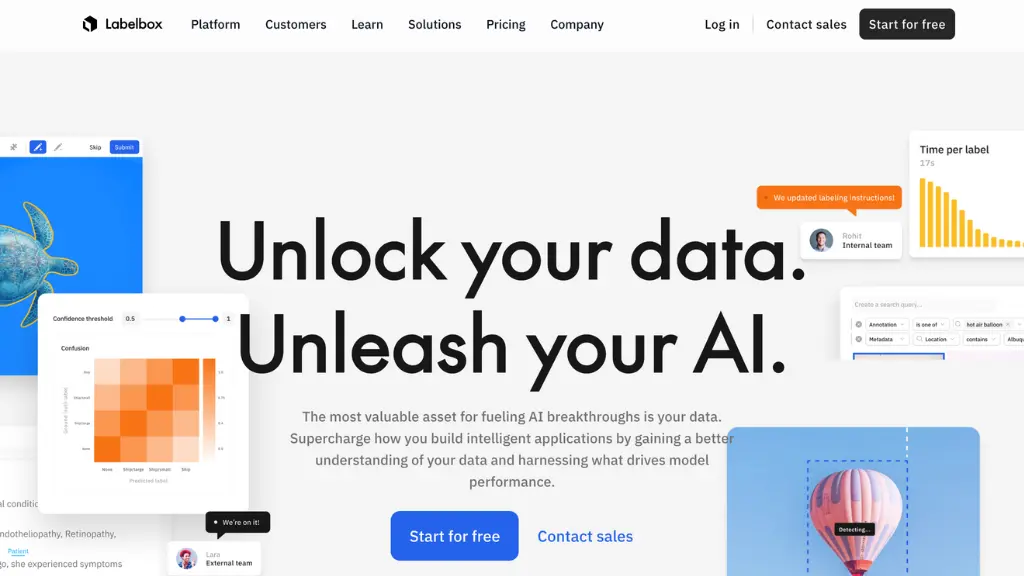
Competitors
Here is the list of top 10 competitors of Labelbox:
- Hive
- V7 labs
- Saturn Cloud
- Scale AI
- Dataloop
- Encord
- SuperAnnotate
- Synthesis AI
- IBM Watson Studio
- Amazon
Pros and Cons of Labelbox
Pros
- Intuitive User Experience: Labelbox has received accolades for its user-centric design and ease of navigation. Many reviewers commend its smooth workflow for labeling and quality assurance processes, stating that it boosts their productivity.
- Robust Data Annotation Capabilities: Users have found immense value in Labelbox’s data annotation functionalities. Features like augmenting unstructured datasets, tracking labeled data attributes, and updating labels with model predictions stand out. Moreover, the automation offered by its API streamlines the training process, aiding in efficient dataset validation.
- Team Collaboration Made Easy: Labelbox shines in facilitating team projects. Its collaborative features, which encompass a multitude of integrations and multi-user support, are praised. A notable mention is its dashboard filter system that simplifies object identification.
Cons
- Complex Interface: Despite its positive reviews, some users have expressed difficulty in navigating through Labelbox’s interface. These users believe there’s room for improvement in making the UI more approachable.
- Lackluster Support: A common grievance is the delay in receiving technical support from Labelbox. Additionally, some users pointed out occasional maintenance disruptions, emphasizing the need for enhanced technical assistance and reduced downtime.
- Cost Concerns: While Labelbox offers a range of features, its pricing has been a point of contention. Some users, especially from startups and smaller enterprises, find it a bit steep. They’ve expressed a desire for more budget-friendly plans catered to smaller businesses.


